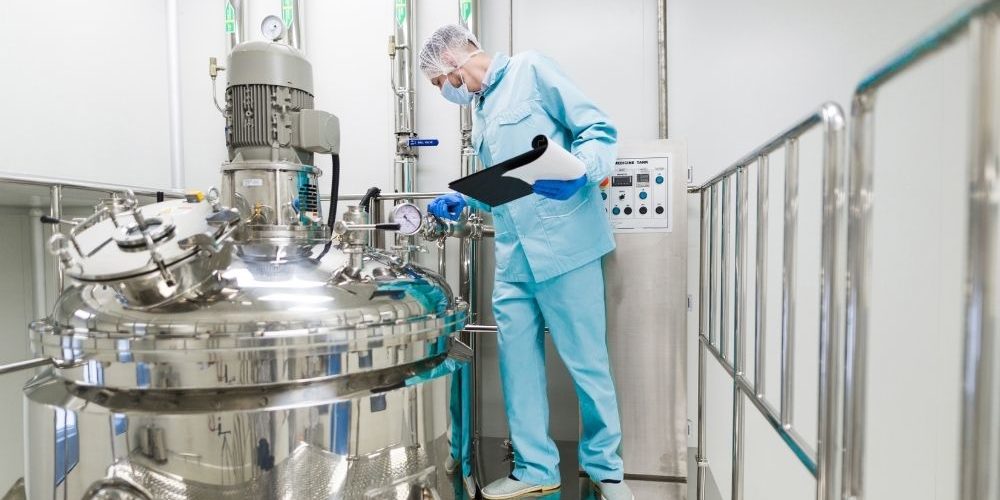Toll processing agreements are essential aspects of any transaction between a customer and a chemical tolling company. But what exactly are these contracts? Moreover, what do they include, and how do they help both parties get what they need out of a transaction? Learn more about the answer to those questions in this brief guide.
What Is a Toll Processing Agreement?
Before we delve into what you should be looking for in a toll processing agreement, understanding what they are is required. Simply put, a toll processing agreement is a contract—typically between the customer requesting a service and a chemical tolling facility.
Toll processing agreements are built to be mutually beneficial to both parties. They provide manufacturing services to customers. At the same time, they secure long-term, revenue-producing contracts for toll service providers.
Like any other contract, the terms of the agreement will vary based on customers’ needs and level of production. But essentially, these contracts ensure that both parties have what they need from the other and with minimal risk.
What Do They Typically Include?
Now that we understand what they are, we can discuss what to look for in a toll processing agreement. To start with, these contracts will often describe the capabilities, products, and services of a toller or custom chemical manufacturing facility.
Along with that, these contracts typically lay out any rules regarding confidentiality, both for the customer and service provider. Along with that, a solid toll processing agreement will include the following things:
- Process documentation and quality plan
- Liability and default clauses
Your contract should also have a section dedicated to unforeseeable circumstances, such as:
- Acts of God
- Acts of war
- Fire or riot
- Loss of utilities
Remember, these contracts provide adequate protection for the people involved in a transaction. The more detailed and specific your coverage, the better off you’ll be.
What Do These Agreements Ensure?
Of course, defining what toll processing agreements are and what they typically include is only part of the equation. It’s also essential to understand what they ensure regarding the transaction and chemical tolling process. Generally speaking, these contracts work to provide the following things:
- Expertise required for processing that involves difficult or hazardous chemistry
- Compliance with all mandated regulations and permits
- Reduced production costs and shorter production cycles
- Flexibility to make adjustments in production requirements based on demand
- Feasibility analyses and particle size reductions
- No unscheduled downtime or interruptions due to emergency maintenance issues
Trust us, these things are crucial to ensuring high-quality products and services. So if you’re going over your toll processing agreement and notice that any of them are not accounted for, you may want to discuss the terms further before proceeding.
In any case, knowing what to expect in a toll processing agreement is helpful. After all, they protect both parties involved and ensure that all work is done correctly and with quality in mind. Hopefully, we provided some valuable information on what these agreements should include.







